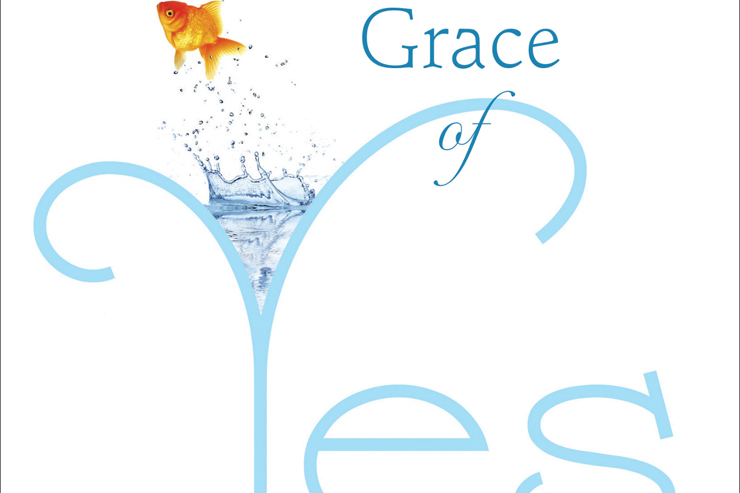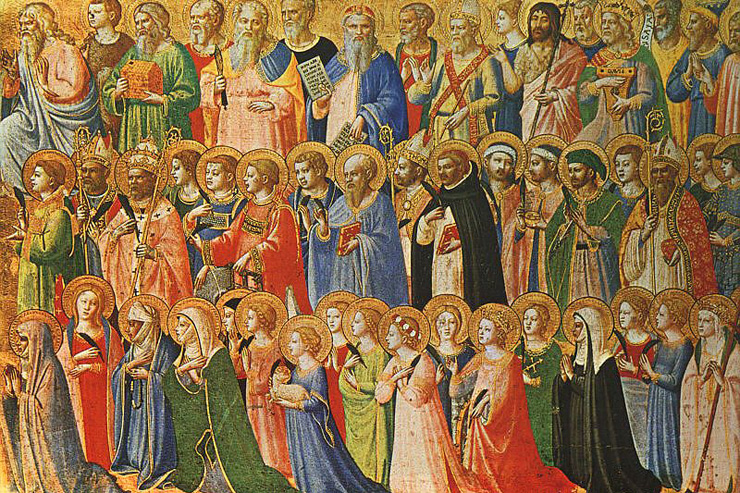“It’s a non-denominational Bible Study,” my friend’s wife said at the restaurant. “It’s not tied to one Church or another, so it’s really good for everyone,” she explained with a confidence that nobody would be offended.
She was excited to tell us about this new program she was coordinating with other women from her neighborhood. She explained they were of “all faith backgrounds” and how “everybody gets something out of it, whatever speaks to them.”
Although the social element of fellowship can be the attraction, I still wondered how a bible-based program described as non-denominational can catch fire and excite women of all faith backgrounds within Christianity.
It turns out that there were former Methodists, Baptists, Presbyterians and Lutherans in the group, but most now attend non-denominational services on Sundays at a nearby mega-church. Oddly enough, there were many practicing Catholic women who attend the bible study as well, not knowing the doctrinal landmines that exist.
Why is this bible study a problem? What’s wrong with a good, non-denominational bible study? Isn’t it the same Jesus?
These days it’s appealing to be open-minded and further, it is socially preferred to not offend anyone who has a different position than you on politics or religion. To have a strong position but not try to persuade others to adopt your position is not necessarily a problem, particularly when engaged in ecumenism. But all too often this approach is more of a “go along to get along” approach to some distorted understanding of tolerance. For many in our age, truth has become relative with no absolutes.
As a result, some Christians have concluded that belonging to a denomination could tie them to a certain belief system which is out-dated. It’s like being politically independent where you take the middle ground and borrow your voting positions from both major parties. To be independent is to be free and not dogmatic. You certainly can’t offend anyone at the neighborhood cocktail party if you’re not bound to any set belief system on Sunday or at the ballot box in November.
Here’s a truth that is not popular: The Catholic Church is the Church, it is not a denomination.
Is it politically incorrect to suggest that the Catholic Church is actually NOT a denomination? Oh yes, but that doesn’t make that fact any less truthful. Denominationalism is a heresy that occurred immediately after Martin Luther broke from the Catholic Church in the original protest whereby new opinions were rapidly forming among those who called themselves “reformers”. Within 20 years it was estimated that there were 200 different and competing denominations of new protestant Christians. Many differences formed over doctrine and many new communities broke off of the original break-offs. We now have thousands of non-Catholic Christian denominations.
Now back to my personal dilemma during the dinner conversation with friends.
How do I respond when listening to the virtues of a “non-denominational” bible study which takes the middle ground and is written for all?
Who wrote the course and what is their faith background?
How can there not be bias? What is the bias?
By what authority do they write the answers in the study guide to scriptural interpretation? For example, in John 6: 35-71, how could a well-meaning bible study teach that Jesus didn’t really mean what he said about his Real Presence in the Eucharist? How can we explain Mark 16:18-19 without highlighting Peter’s identification as “the rock”? What about 1 Timothy 3:15 where the Church is the foundation of the truth, not the bible? Does it even matter that we understand these major concepts of our historic faith or is it only important that we love Jesus?
Do I take the politically correct position of responding, “That’s nice, I’m happy for you.”? So I said, “Anytime you can open the word of God among friends, it certainly can’t hurt, right?”
Who can argue with that? The problem is that an encounter with Scripture is an encounter with Truth. But will Truth be understood in a non-denominational bible study?
Let me know what you think I should have said!

















